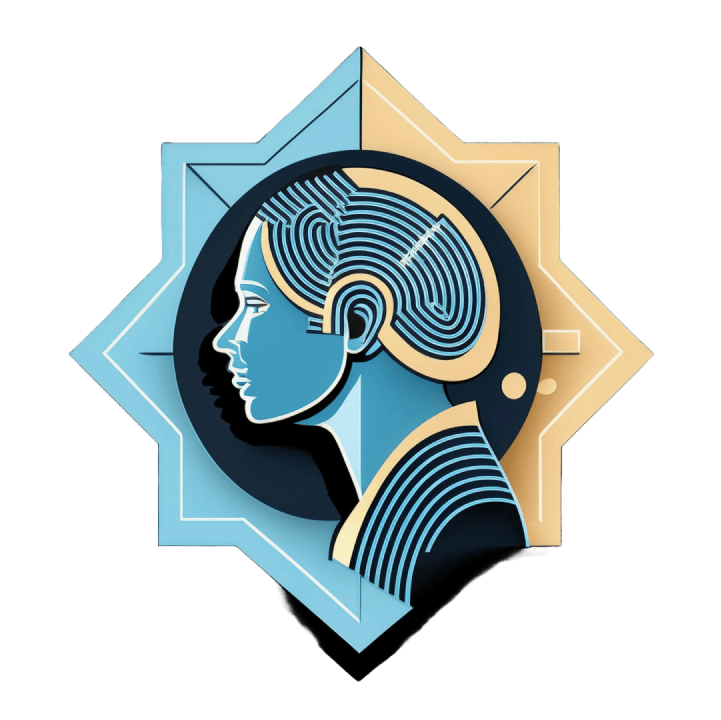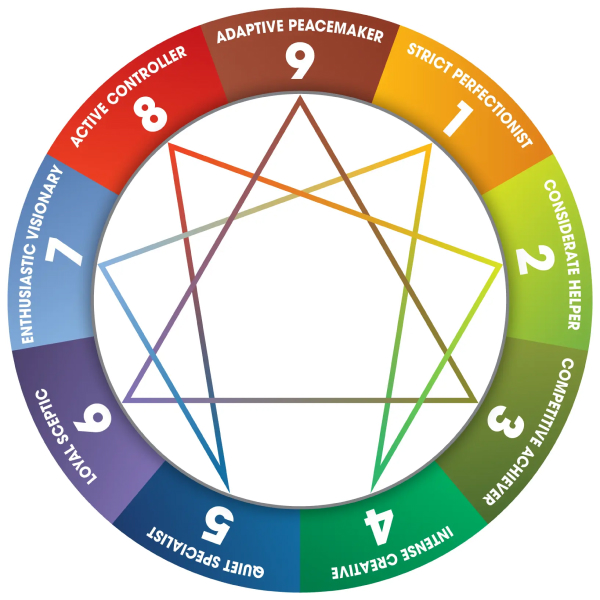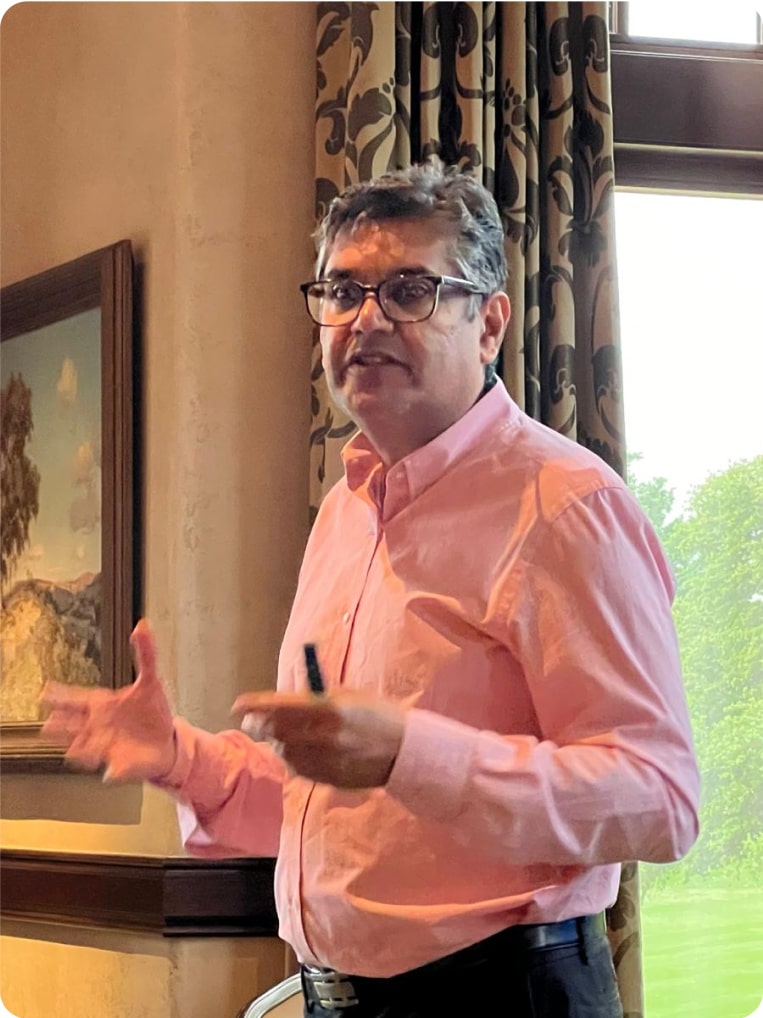


The coaching methodology uses is “Integral coaching” which looks into 4 aspects of our lives to determine where is it we need to work on:
1.The “I” inside me focuses on our inner world - our thoughts, emotions, beliefs, and self-awareness.
2.The “I” outside me explores what we do and how we act in the world - our behaviors, habits, actions, skills, and physical attributes..
3.The “We” considers how our social and cultural context shapes us - our relationships, family, company culture or wider community.
4.The “IT” examines the external systems and structures that affect us - roles we play, organizational structures, and environmental conditions.

All sessions are initiated by the client who sets the agenda for the coaching.
To be most effective, the client usually comes prepared to discuss either one or both of the following:
1. Issue processing: What is currently on the mind of the client that needs to be addressed? The test for what qualifies is either:
2. Skills development: What are the tools and exercises the client did to further progress one of the 6 goals they decided to pursue.



Executive coaching addresses the 6 Cs of Leadership: Composure (emotional balance), Credibility (trust-building), Clarity (strategic direction), Consistency (performance), Collaboration (stakeholder engagement), and Connection (network development).
Each session is client-driven, focusing on either processing current challenges or developing specific leadership skills. Sessions use proven tools like Global DISC and Enneagram assessments while maintaining regular accountability check-ins.
Success in coaching requires full commitment to the process, consistent practice of new skills, openness to feedback, and diligent implementation of agreed actions between sessions.